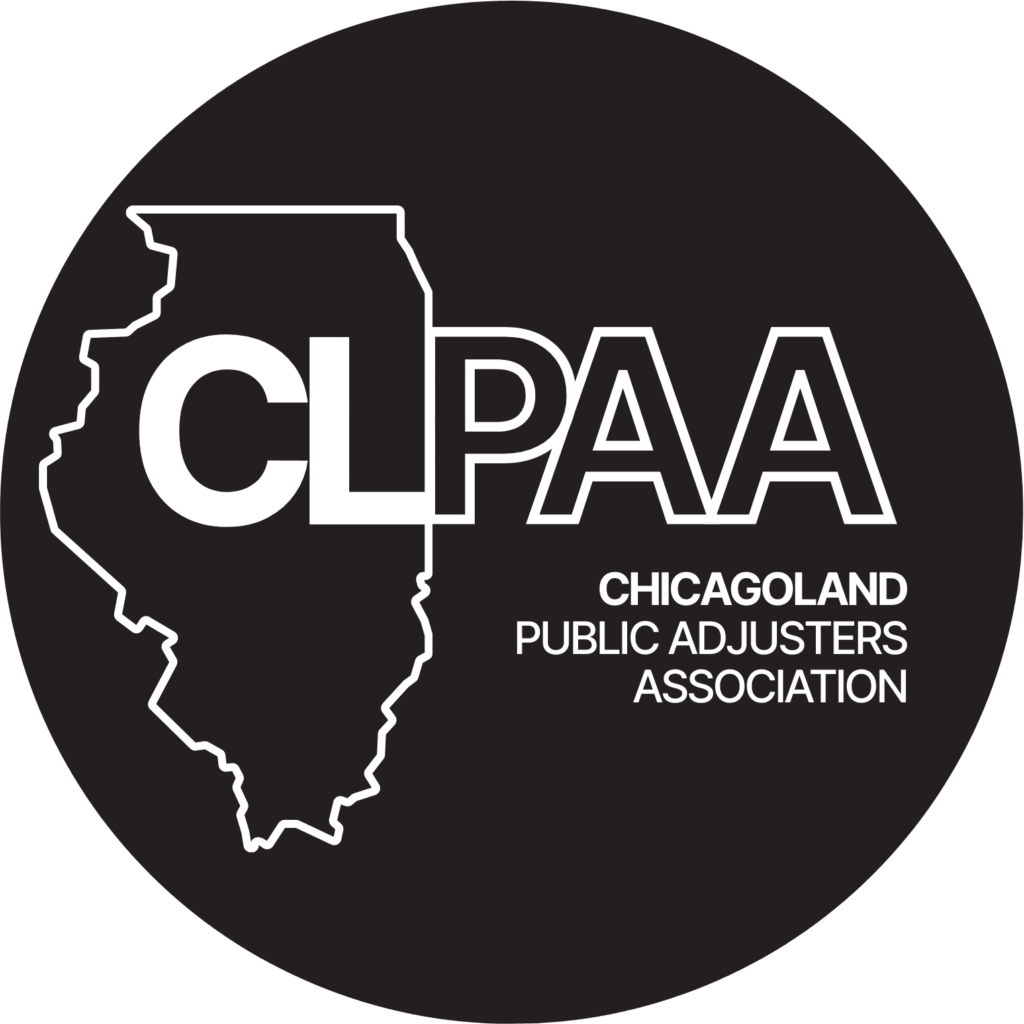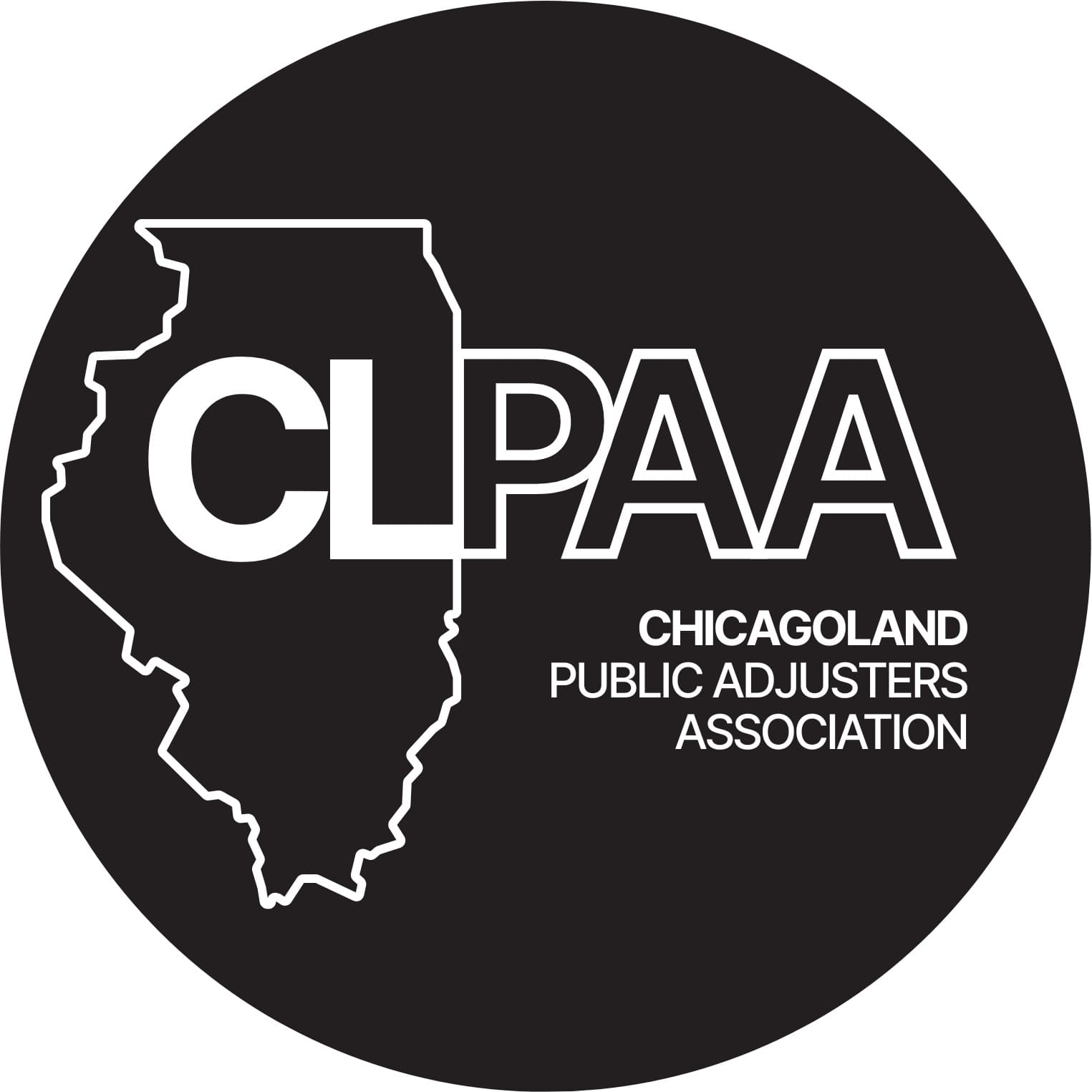
While being the single most expensive expenditure for many families, a house is a haven and a place of rest. It can be devastating to have a fire, no matter how small, ravage this safe space. The actions taken in the aftermath of a house fire often determine how quickly one can rebuild and move on.
This post will provide you with some necessary and insightful information. It will be helpful even if you have been through the claims process before. We will take you through certain steps you need to take after a house fire.
Here are ten things you should do after suffering a house fire:
1. Ensure Safety After the House Fire
It might seem as though we are pointing out the obvious but the truth is, a fire leaves you feeling scrambled. You might forget basic things because you are not in a calm state of mind. The first thing on your list should be ensuring every household member is safe and accounted for. This includes your pets. It is best to seek medical attention to ensure they have not inhaled smoke.
You should also ensure the safety of your home as much as you can. Confirm that there are no pockets of fire left but do not throw things away as this can affect your claim. Also, turn off any affected appliances to reduce the chances of starting another fire. Do not hesitate to contact the fire department if you are unsure that the fire has been completely put out.
2. Hire a Public Adjuster
A public adjuster is a trained and licensed professional who specializes in handling insurance claims. They ensure that policyholders get a fair settlement. They also represent your best interests throughout the claims process. Hiring a public adjuster helps you focus on rebuilding after a house fire. This is because they will handle all aspects of your claim on your behalf. This saves you the stress of dealing with the insurance company. At On-Site Adjusting, we can help you maximize your claim. We also offer restoration services to repair any structural damage in your home.
3. Contact Your House Fire Insurance Company
You should try to contact your insurance provider such as Allstate or Statefarm as soon as you can. Ideally, you should do this before hiring a public adjuster. This is because most insurance companies require a notice within a specific timeframe. If you miss that window, you may not be able to file a claim for that particular loss.
You will need to provide some documentation to support your claim. This may include an inventory of any items lost, your claims form, and sometimes, evidence. They may also ask you to provide the value of these lost or damaged items. This process can take several months before you get your settlement. All this depends on how complex your claim is. Furthermore, you will have to handle the restoration of your home. This means hiring a house fire restoration contractor if your home is salvageable.
If you have a public adjuster, they will negotiate with the insurer on your behalf. They help streamline the claims process from documentation to providing evidence and valuation.
In addition to this, public adjusters can help you get a higher settlement. This is because their estimate is based on current market pricing and the extent of damage. A lot of the time, this estimate has a higher value than the one provided by the insurance company.
4. Familiarize Yourself With Your Policy and Budget
You need to carefully review your insurance policy after a house fire. This is to familiarize yourself with the terms so you can know what to expect and demand from your insurer. While perusing it, you should ask yourself questions such as: What does my insurance cover? What is the financial limit of my coverage? What additional living expenses can I claim for? Does my policy provide for Actual Cash Value or replacement cost? This usually determines the reimbursement you get. It may cover the current cost of the item or what it cost at the time you got your coverage.
If you have a public adjuster, they will also break down any complicated terms in your policy for you.
You may not be able to stay in your home for some time if the fire is particularly bad. You should keep track of every expense when you are displaced. This can make the claims process easier for you and your adjuster. If you cannot keep a proper account or your expenses worry you, your insurance may offer an advance. You can also contact a financial advisor for some help.
5. Organize Salvageable Possessions
Sort through your belongings once your house is safe enough to re-enter. This will help you determine lost or damaged items. You will be able to accurately and easily compile a list to further your claim.
Start small and from the places least touched by the fire. Ensure you are properly protected when going through the most affected places. This means wearing gloves and a mask to protect you from smoke and soot.
Do not throw anything away when doing this. Rather, let the insurance adjuster or investigator examine your home first. You should also take pictures of every damage you see as evidence for your claim.
It is best to go through this process with a fire restoration company. They can identify damaged items or structures. They will also give you an estimate for repairs. We offer restoration services alongside our adjusting services. This is to make things easier and less burdensome for you.
6. Find Temporary Housing After The House Fire
Your additional living expenses coverage covers this temporary housing. You might be displaced for a while if the fire significantly damages your home. It is best to seek temporary accommodation as soon as you can. We know that it is not easy to uproot yourself from home and find somewhere to stay immediately.
In such a situation, it is best to turn to your family or community for comfort and help. You can ask your friends or family if they can house you until you find new accommodation.
Alternatively, you can consider short-let apartments, hotels, an Airbnb, or a motel. The receipts from these will also be easier to put together and track for your claim. Of course, this is subject to your insurance coverage and policy.
7. Keep Track of Living Expenses
You will need to present proof of your expenses to claim your additional living expenses. This includes invoices, bills, and receipts. Ensure that any arrangements you make are in documentary or written form. Insurance companies will be unwilling to take oral evidence of an expense. You should also document any out-of-pocket bill you settle.
Most fire insurance policies provide reimbursement for living expenses outside your home. However, it only covers the difference between what it usually costs you to live in your home and what it costs you now. For example, let’s say feeding usually costs you $150 a month at home. But now, you are spending $250 because you are staying elsewhere. You can only claim the extra $100. However, you may be able to claim the entire amount for accommodation.
8. Understand Your House Fire Insurance Coverage
It is important to understand the type of coverage you have and how it affects your claim. For homeowners’ fire insurance, you can get different types of coverage. You may have Dwelling, Loss of Use, Personal Property, Other Structures, Liability, or Medical Protection Coverage.
Dwelling coverage covers any damage to your home, such as water or fire damage, and even weather damage.
Loss of Use is what covers your additional living expenses. This means that you will be able to claim any extra costs you have spent as a result of the fire.
Personal Property coverage covers your belongings if they get damaged in a house fire. For example, if you lose your couch or dining set due to the fire, you will be reimbursed.
Other Structures coverage covers structures such as your garage, driveway, and shed if the house fire damages them.
Liability coverage and Medical Protection tend to go hand in hand. Liability coverage means that if you or anyone else covered by your policy causes damage to someone else’s home, your insurance will pay for it. Medical protection covers the bills if the person sustains injuries on your property due to your oversight.
You should understand exactly what is included in your coverage to know what you can claim for. It also helps you budget for your expenses pending the end of the claims process.
9. Cooperate With Insurance Adjusters
Your insurance company will send their adjuster to inspect your home after you file a claim. This is to help them determine the severity of the damage and get an estimate of repairs. Ensure that you provide accurate information whenever you can.
Insurance contracts are based on the principle of utmost good faith. Therefore, the insurance company has the right to deny your claim if you present false information.
Your public adjuster will carry out their separate investigation as well. This is because they will be working in your interest to ensure your settlement is full and fair.
10. Seek Emotional Support After The House Fire
Going through a house fire is a deeply emotional and traumatic experience. It can cause Post Traumatic Stress Disorder (PTSD), anxiety attacks, and nightmares. Do not neglect your emotional well-being while trying to sort out the claim. Having a public adjuster will also take some of these hectic tasks off your plate. This gives you time to tend to yourself.
Do not be afraid to lean on your community for much-needed emotional support during this time. Also, consider joining support groups or reaching out to counselors or therapists. They will be able to provide you with the expert emotional guidance you need.
Conclusion
Being proactive after a house fire can help you rebuild much quicker. This is why you should contact your insurance company immediately. Also, ensure your family is safe, organize what is left, and take some time to understand your policy. You should also ensure you keep track of all expenses before receiving settlement.
Suffering a house fire can be incredibly unsettling. However, it is not impossible to get over it while rebuilding bigger and better than before. One of the perks of having homeowners’ fire insurance is that you do not need to worry too much about the cost of repairs and rebuilding. Always reach out to your insurance providers after suffering any kind of loss, no matter how small it seems.
Lastly, you should always ensure that you are adequately protected from certain circumstances. Make sure your fire alarms are always working and do not have open flames in your home without properly securing them. This will ensure adequate protection when unforeseen circumstances occur.
Dealing with a complex fire insurance claim and have no idea where to start? Contact On-Site Adjusting today. We offer free consultation to first-timers to help them understand their claim. Contact us here to get started.











